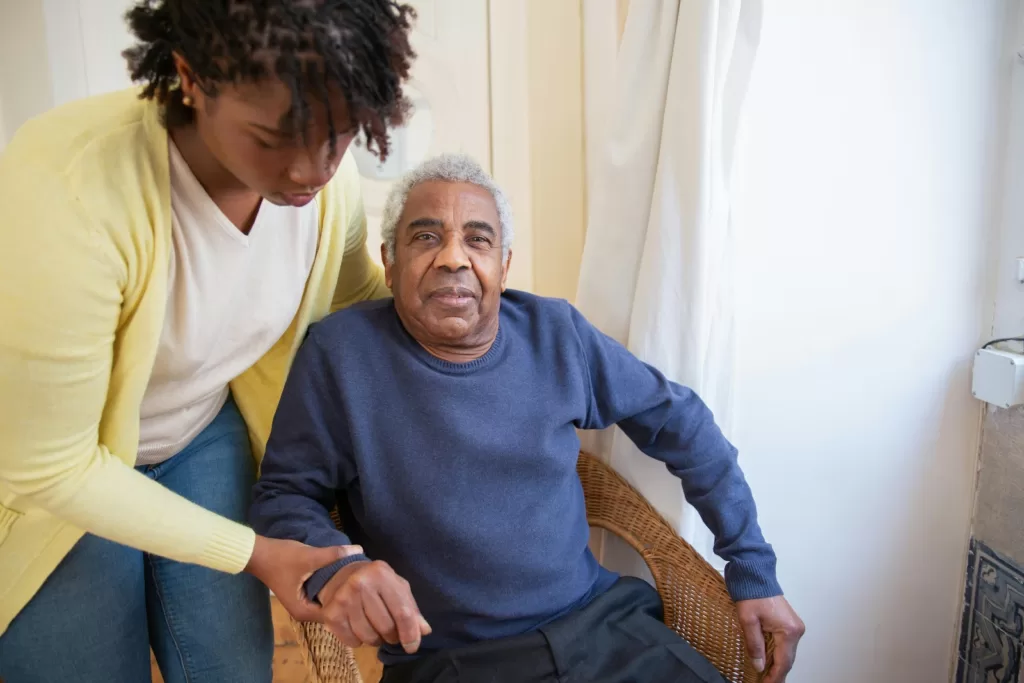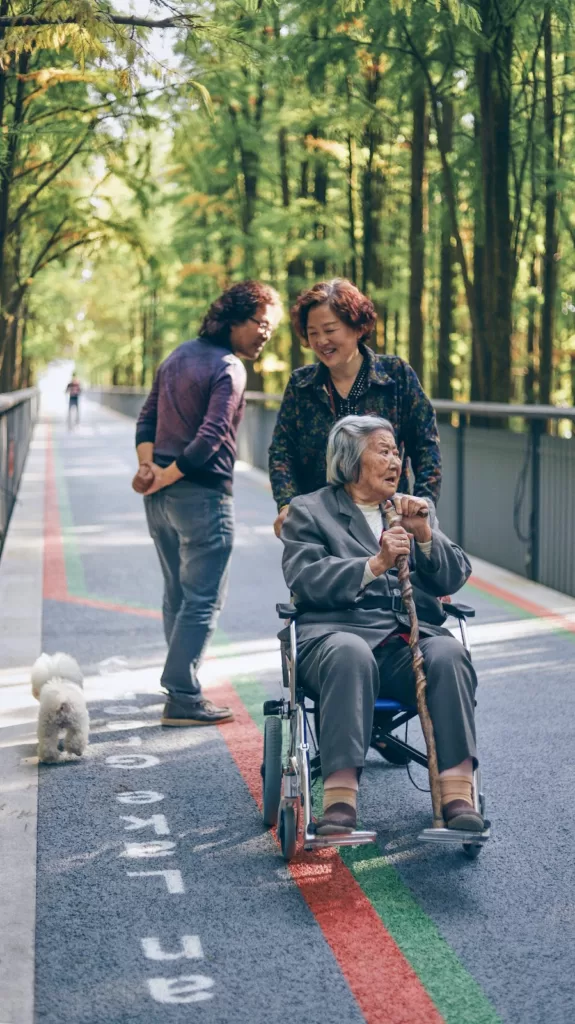Updated on June 19, 2024

Independent Living vs Assisted Living
| Aspect | Independent Living | Assisted Living |
| Living Environment | Self-contained apartments or houses | Apartments or rooms in a facility |
| Assistance | Minimal assistance with daily tasks | Assistance with daily tasks available |
| Services Provided | Limited services, may include housekeeping, meal preparation, maintenance, social activities | Wide range of services including housekeeping, meal preparation, medication management, personal care |
| Autonomy | Residents have more autonomy and independence in daily activities | Residents may have less autonomy, depending on level of care required |
| Medical Care | Generally not provided | Medical care and assistance with medication management |
| Cost | Typically less expensive | Typically more expensive |
| Social Interaction | Often encouraged through community activities and events | Social interaction facilitated among residents and staff |
| Privacy | More privacy in individual units | Shared living spaces, less privacy |
| Eligibility | Generally for individuals who are able to live independently | Residents may have less autonomy, depending on the level of care required |
What is Independent Living?
Independent living emphasizes the highest degree of independence for individuals.
It encompasses various living arrangements which could range from residing in one’s own home or apartment to living in a community specifically designed for independent living.
The fundamental characteristic of independent living is the freedom it affords.
People are in control of their own lives, making personal decisions and managing their own affairs at their own pace and discretion.
What is Assisted Living?
Assisted living can be viewed as a middle ground between independent living and nursing homes.
This type of living arrangement is designed to support individuals who may require assistance with daily tasks such as bathing, dressing, managing medication, and meal preparation.
Unlike independent living, assisted living offers a higher level of care and attention.
Within an assisted living community, residents typically live in private apartments equipped with a host of amenities. Trained staff are available around the clock to provide necessary assistance.
Which Option Is Suitable For You?
If you can handle most of your daily activities such as cooking, bathing, and managing medication with little or no assistance, and value your freedom and autonomy, independent living might be an excellent fit for you.
However, it’s essential to also assess your potential for future needs.
For instance, if your health condition could worsen, causing you to need additional assistance down the line, it may be beneficial to consider a living arrangement that can accommodate these changes.
Conversely, if you need regular help with daily tasks but still want to maintain some level of independence, assisted living can provide a balanced solution.
Overcoming Feelings of Isolation and Exclusion
In independent living communities, individuals are encouraged to partake in various activities, from group outings and exercise classes to shared meals and hobby clubs.
This not only brings a sense of community but also allows individuals to form meaningful connections and friendships.
Similarly, assisted living communities offer a variety of structured social activities. These can range from movie nights and game tournaments to art workshops and music therapy sessions.
Participation in these events provides individuals the opportunity to interact, socialize, and form bonds with their fellow residents, thereby mitigating feelings of seclusion.
Another effective way to combat isolation is through regular communication and visits from family and friends.
Encouraging loved ones to visit often can help to maintain a strong support network and nurture the feeling of connectedness.
Technology also enables virtual connections. Video calls, online games, and digital social platforms can maintain connections even from a distance.
Are there any specialized programs or amenities available in some independent living facilities that are not offered in assisted living facilities?
Some independent living communities may provide exclusive amenities such as an on-site golf course, a fitness centre, or a pool, which might not be standard in an assisted living facility.
Independent living often appeals to active individuals, so the facilities may offer a broader range of recreational activities, such as hiking groups, yoga classes, or travel clubs.
There might also be continuing education programs or hobby clubs catering to diverse interests like art, gardening, or cooking. However, some high-end assisted-living communities might also offer similar amenities.
What types of healthcare professionals are typically on staff at assisted living facilities?
Assisted living facilities generally have a team of healthcare professionals including licensed practical nurses or registered nurses who provide medical care and oversee health management.
Other staff may include certified nursing assistants who help with daily tasks, medication technicians for medication management, and in some facilities, on-site therapists or doctors.
It’s also common for facilities to partner with external healthcare providers such as physical therapists, dieticians, or speech therapists to provide specialized care when needed.
Seeking Appropriate Support Services
At Centre Disability Support, we offer tailored support services for individuals with disabilities throughout Australia.
Whether you’re seeking support for yourself, a loved one, or simply wish to learn more about our services, we’re here to help.
We offer housing options in Logan, Ipswich and Brisbane areas, where we provide independent supported living or assist individuals in finding suitable options for individualised living.
Additionally, we provide day-to-day support for individuals with mental health issues, complex behaviour and other types of disabilities.
We also have support coordinators available to assist you with planning, navigating your NDIS plans, and offering casework support.
RELATED
What Makes You Eligible For Assisted Living?
Does Your Mum Need Assisted Living or a Nursing Home?
How To Get Parents Into Assisted Living



